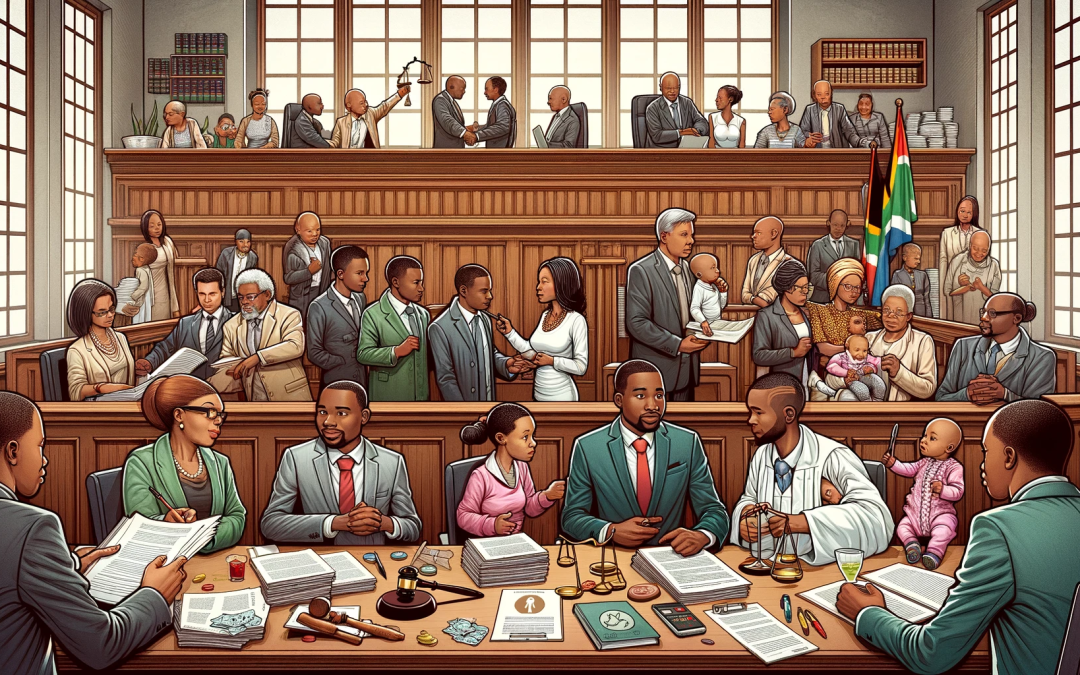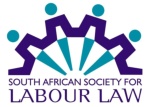3 Things You Should Know About Child Maintenance, Which You Probably Don’t.
Mark and Janet are the biological parents of Kimmy. Mark was never married to Janet and he hardly sees Kimmy. He also does not want to pay maintenance. Janet is at her wits’ end as Mark is saying he is not employed. Janet is therefore paying for all of Kimmy’s expenses. In this article we look at some basic concepts related to child maintenance.
Many parents seek maintenance from the other parent of a minor child. This usually happens when one parent is the primary caregiver of the children and the children are residing with them, whilst the other (non-resident) parent exercises contact on specified days. Children have the right to be supported until such a time as they are self-supporting. This means that the children have the right to education, medical aid, food, and accommodation, amongst other things.
WHO HAS THE DUTY TO SUPPORT?
The Children’s Act set outs what parental responsibilities and rights a person may have towards a child. Specifically, it prescribes that parents have the parental responsibility to contribute to the maintenance of the child. This is contained in Section 18 of the Children’s Act.
The biological parents of minor children have the duty to support their children. If one of the parents is unable to support the children, it becomes somewhat difficult for the other parent to enforce the maintenance obligation; there are, however, certain mechanisms whereby such parent can seek relief, such as claiming from the “indigent” parent’s pension fund, or claiming against the parents of such party (i.e.. the grandparents).
The biological parents of the children are both liable to pay maintenance and can be ordered by a court to pay maintenance towards the children. In general, if parents cannot pay, the grandparents become liable.
If a child was adopted or is being cared for by a guardian, the adoptive parent or guardian will have the same obligation and responsibility towards a child.
FOR HOW LONG MUST YOU SUPPORT A CHILD?
A child has the right to be supported until such a time that a child becomes a major, alternatively until they are self-supporting. This will mean that even after a child has reached the age of 18 (eighteen) and is now considered to be an adult (major), however, decides to obtain a tertiary education, that child will not yet be considered self-supporting. This therefore means that a child can be 25 (twenty-five) and still have the right to be supported by their parents if they are not yet self-supporting.
It can also be that even after the child obtains a degree/diploma, that they are not yet self-supporting as they would have to start work and possibly earn a minimal salary. For this reason, a parent would still be obliged to support the child.
This means that, until such a time that a child is self-supporting, their parent will have an obligation to pay maintenance towards them.
WHAT IF MAINTENANCE IS NOT PAID?
If a court order has been granted ordering you to pay maintenance for the benefit of a child, you cannot fail to pay such maintenance, or you will be in contempt of a Court Order.
The most common recourse when a party fails to pay maintenance, is to approach the Maintenance Court and bring an application for the payment of the arrear maintenance.
The Maintenance Court can issue a warrant of execution, wherein the defaulting parent’s movable assets can be sold on auction. The Maintenance Court can further issue a garnishee order where the employer is ordered to pay the sum of maintenance to the parent directly before paying any salary to the defaulting parent. Every magistrates court in South Africa serves as a maintenance court and the maintenance act sets out exactly how maintenance disputes will be dealt with.
If you want a bit more information about possibly enforcing a maintenance order that you have already obtained, go have a look at our article on enforcing a maintenance order .
The failure to pay maintenance is not something that is taken lightly by our Courts! For more information about our child maintenance services, view our maintenance page or contact us for more information










